
Post by : Mumtaaz Qadiri
Dussehra, also called Vijayadashami, is one of the most popular and important festivals in India. It celebrates the victory of good over evil. The festival is celebrated every year in the month of September or October, depending on the lunar calendar. Dussehra is a time for joy, reflection, and family gatherings. People across India and in many countries with Indian communities come together to celebrate this festival.
The word “Dussehra” comes from Sanskrit, meaning the tenth day, which marks the end of the nine-day festival of Navratri. On this day, people remember the stories of heroes who fought against evil forces and triumphed. Dussehra teaches an important lesson that truth, honesty, and goodness always win in the end.
The story of Dussehra is mainly linked to the epic Ramayana. According to the story, the demon king Ravana kidnapped Sita, the wife of Lord Rama, who was an incarnation of Lord Vishnu. Ravana was a powerful king with ten heads and great strength. He was evil, greedy, and proud.
Lord Rama, with the help of his brother Lakshmana, the devoted Hanuman, and an army of monkeys, fought a long and difficult battle against Ravana. The battle lasted for days, and finally, Lord Rama defeated Ravana and rescued Sita. This victory symbolized the triumph of good over evil.
People celebrate Dussehra to honor Lord Rama’s courage, righteousness, and determination. The story also teaches us that no matter how strong evil may seem, goodness and truth always prevail in the end.
Dussehra is celebrated differently across India. Each region has its own customs and traditions:
North India: Large Ramlila performances are organized, which are plays that show the life and journey of Lord Rama. On Dussehra, huge Ravana effigies filled with firecrackers are burnt, symbolizing the destruction of evil.
West India (Maharashtra and Gujarat): People celebrate the nine-day festival of Navratri before Dussehra. Women perform Garba and Dandiya dances, wearing traditional dresses and enjoying festive music.
East India (West Bengal, Odisha): In these regions, Dussehra coincides with Durga Puja, celebrating Goddess Durga’s victory over the demon Mahishasura. It is a time of prayers, decorations, and community feasts.
South India: People celebrate by worshipping weapons and tools (Ayudha Puja) to honor knowledge, skills, and courage. Dussehra is a day for learning and improving oneself.
Even though celebrations differ, the central theme remains the same: the victory of goodness, truth, and virtue over evil forces.
Dussehra is not only about stories and plays. It also involves several rituals and customs that people follow to honor the festival:
Ramlila Performances: Actors perform the story of Lord Rama in stages, attracting large crowds. These performances teach children and adults about morals and values.
Burning Ravana Effigies: Huge effigies of Ravana, along with his brothers Kumbhkaran and Meghnath, are burnt to show the destruction of evil. Fireworks are used to make the event spectacular.
Prayers and Offerings: Devotees visit temples to offer prayers to Lord Rama, Goddess Durga, and other deities. Special sweets and food are prepared for the occasion.
Feasting and Community Events: Families prepare festive meals and invite neighbors and friends to celebrate together. Communities often organize fairs with rides, food stalls, and cultural programs.
In recent times, Dussehra has also become a global festival. Indian communities in countries like the UAE, USA, UK, Canada, and Australia celebrate with cultural events, Ramlila performances, and social gatherings.
Modern celebrations also focus on:
Eco-Friendly Practices: Many communities now use clay Ravana effigies and natural colors to reduce pollution caused by traditional firecrackers and synthetic materials.
Social Media and Technology: People share stories, photos, and live streams of Dussehra events on social media, connecting with friends and family worldwide.
Cultural Programs: Schools, colleges, and organizations organize competitions, plays, and exhibitions to educate the younger generation about the festival’s values.
Dussehra is not only a celebration but also a lesson in life. Some important lessons include:
Good Always Wins: No matter how strong evil seems, truth and goodness will always prevail.
Courage and Patience: Lord Rama’s patience and strategy during his battle against Ravana teach us to face challenges wisely.
Unity and Teamwork: Rama could win with the help of Lakshmana, Hanuman, and the monkey army. Cooperation and teamwork are essential in life.
Respect for Morality: Dussehra reminds us to always follow dharma (righteousness) in our actions.
These lessons are timeless and are why Dussehra continues to be celebrated with enthusiasm every year.
Today, Dussehra is celebrated not only with rituals but also with social, cultural, and educational activities. Schools organize Ramlila plays, communities arrange fairs, and families come together to share meals and gifts.
In cities like Delhi, Jaipur, Mumbai, and Kolkata, Dussehra is celebrated on a grand scale, attracting tourists from across India and abroad. In the UAE, Qatar, and other GCC countries, Indian expatriates celebrate the festival with cultural programs, showcasing traditional dances, music, and food.
Modern Dussehra emphasizes peace, harmony, and social bonding, teaching values that go beyond religion. It encourages people to fight injustice and stand for truth in their daily lives.
Dussehra is a festival that brings families and communities together. It teaches moral values, preserves culture, and spreads happiness. The story of Lord Rama defeating Ravana continues to inspire millions, showing that good always triumphs over evil.
By celebrating Dussehra, people honor traditions while adapting them for modern life, focusing on sustainability, education, and social unity. This makes Dussehra not just a festival, but a celebration of life, values, and the eternal victory of good over evil.
The content of this article is intended for informational purposes only. GCC News 24 does not endorse any religious views or practices. The article aims to educate readers about the cultural, historical, and moral significance of Dussehra in a neutral and respectful manner.
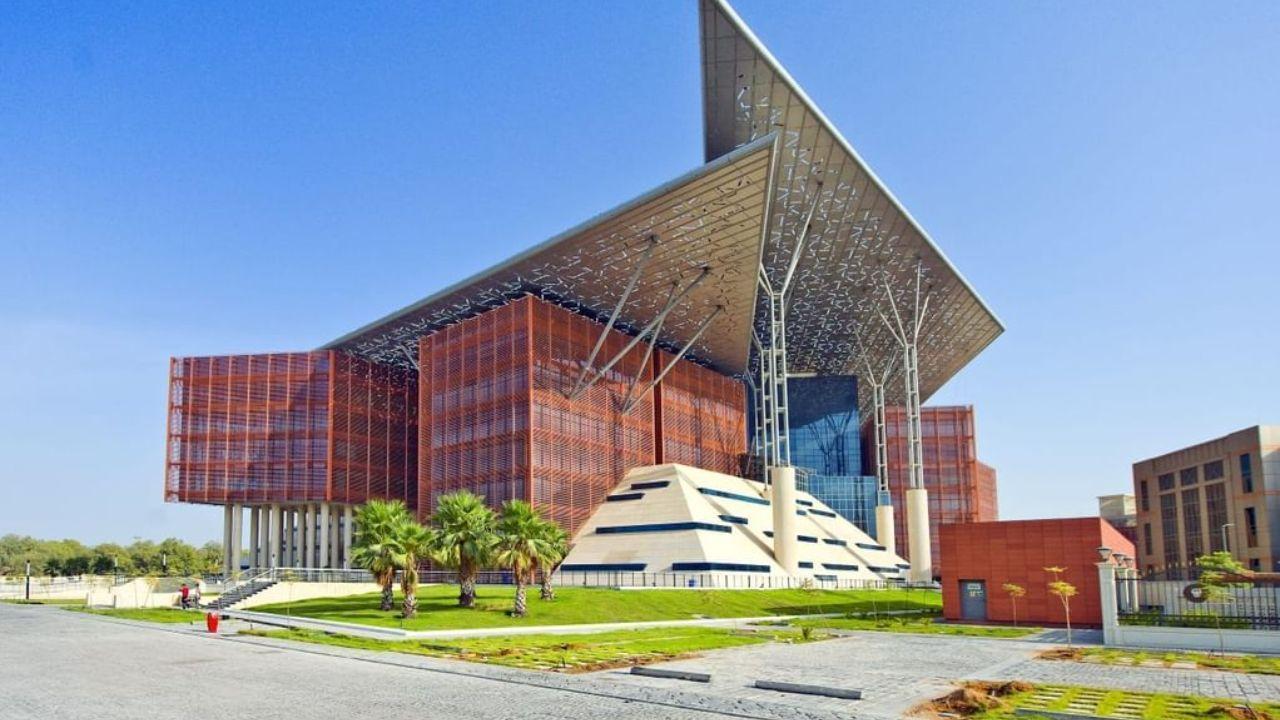


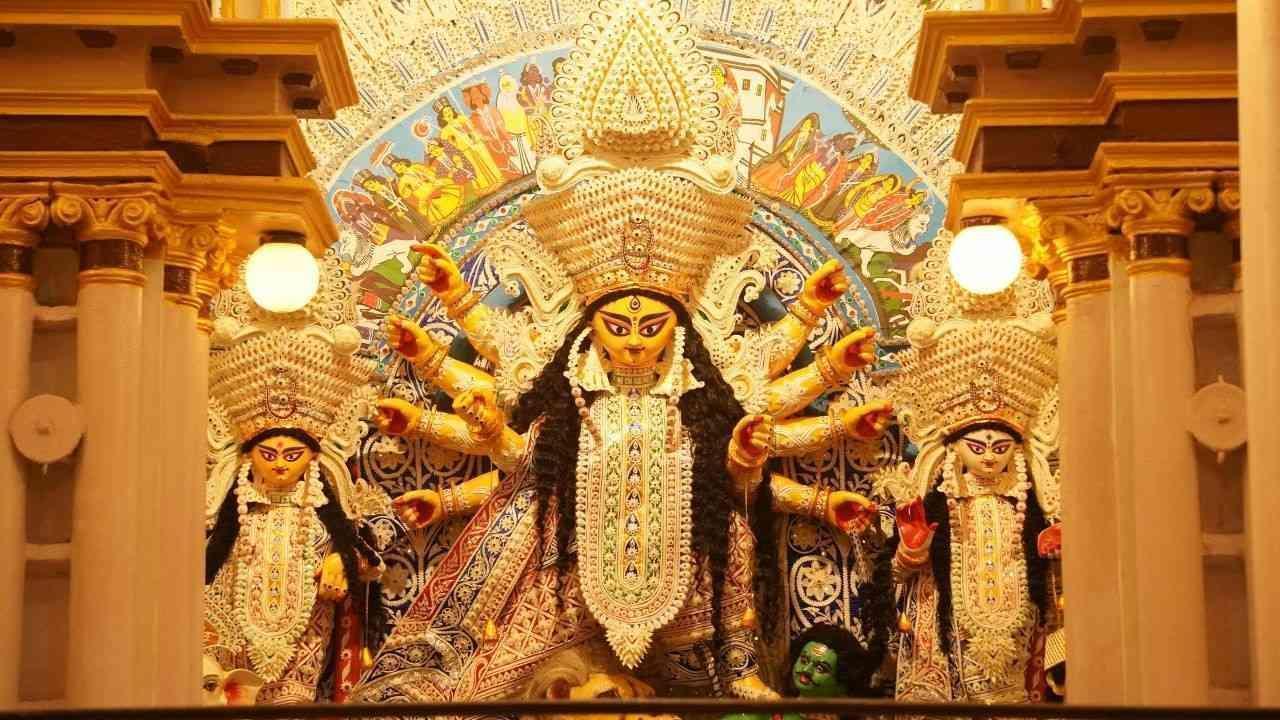
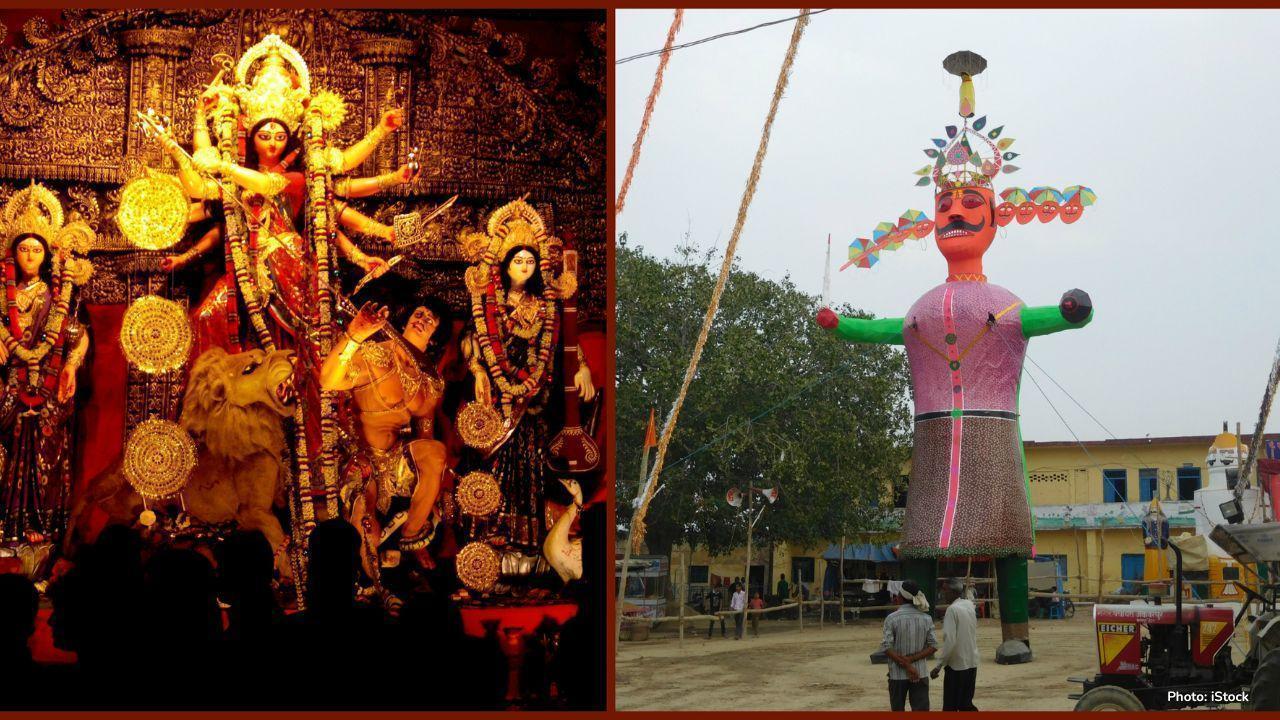
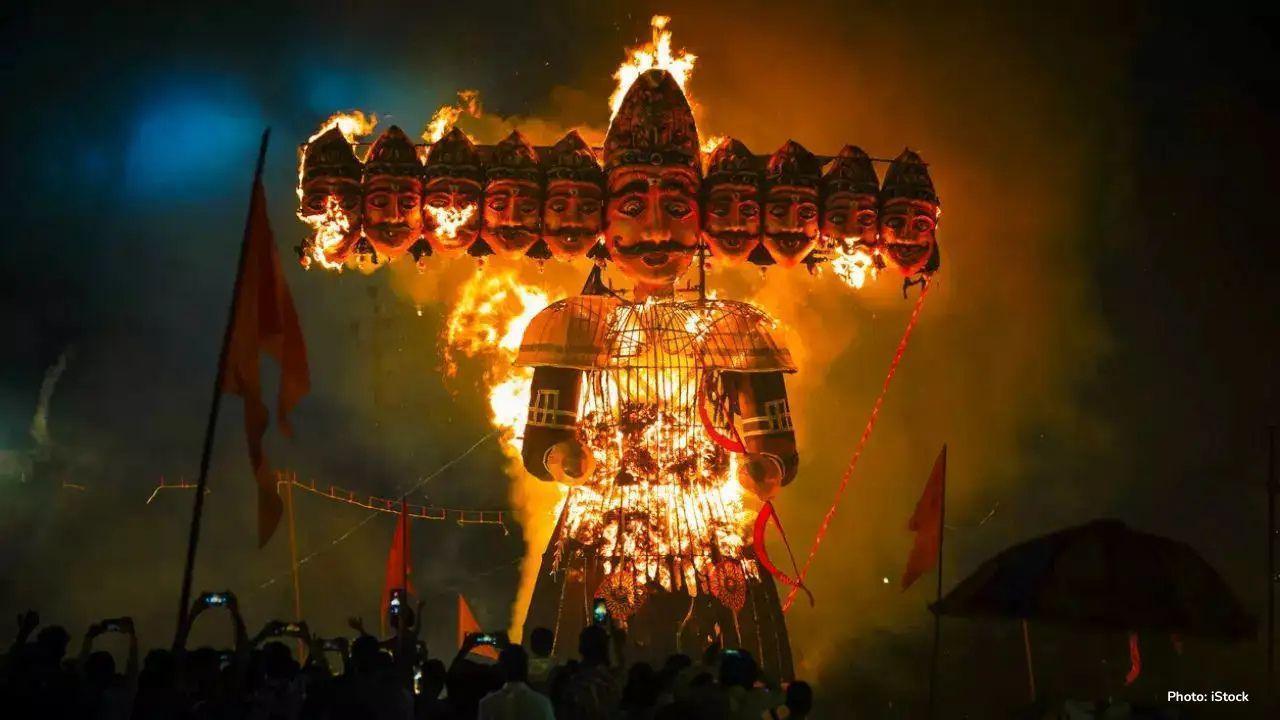
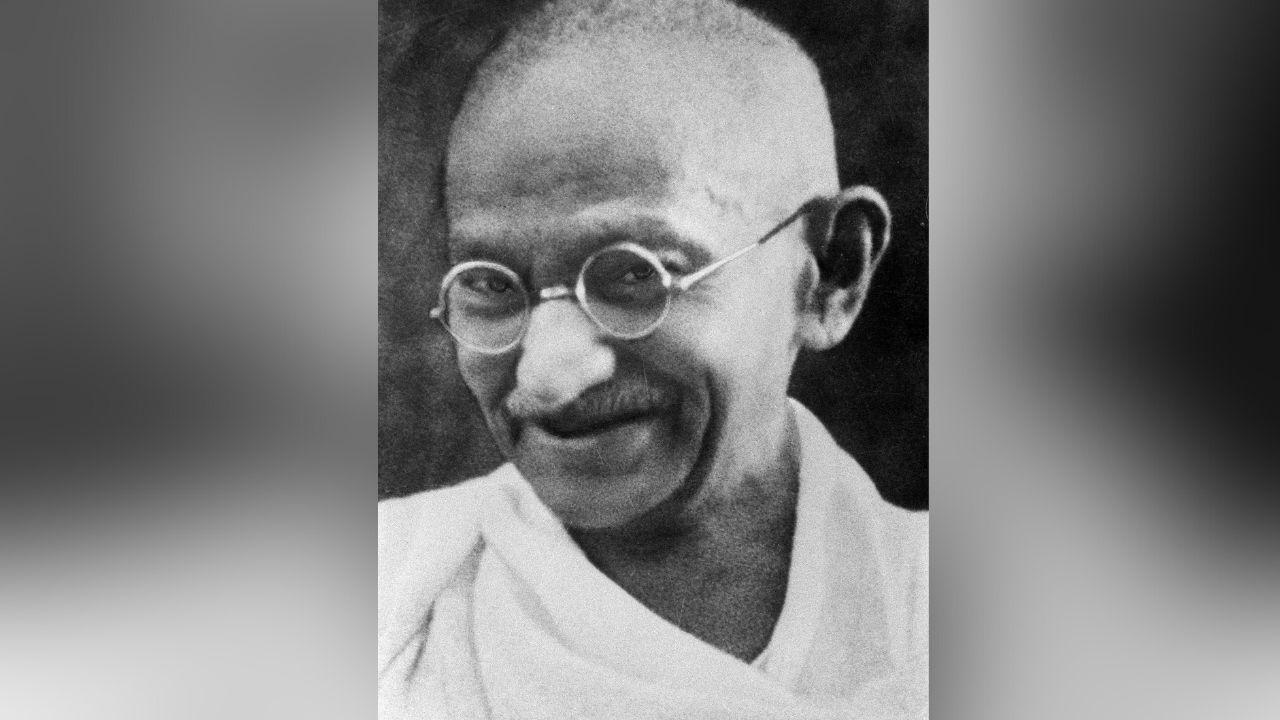



Why Dussehra Marks the End of Navratri and the Beginning of Festivities
Learn why Dussehra marks the end of Navratri, its cultural importance, and how people celebrate this

Tragic Boat Accident In Nigeria’s Niger River Kills 26 People
At least 26 people died when a boat carrying traders capsized in Nigeria’s Niger River, highlighting
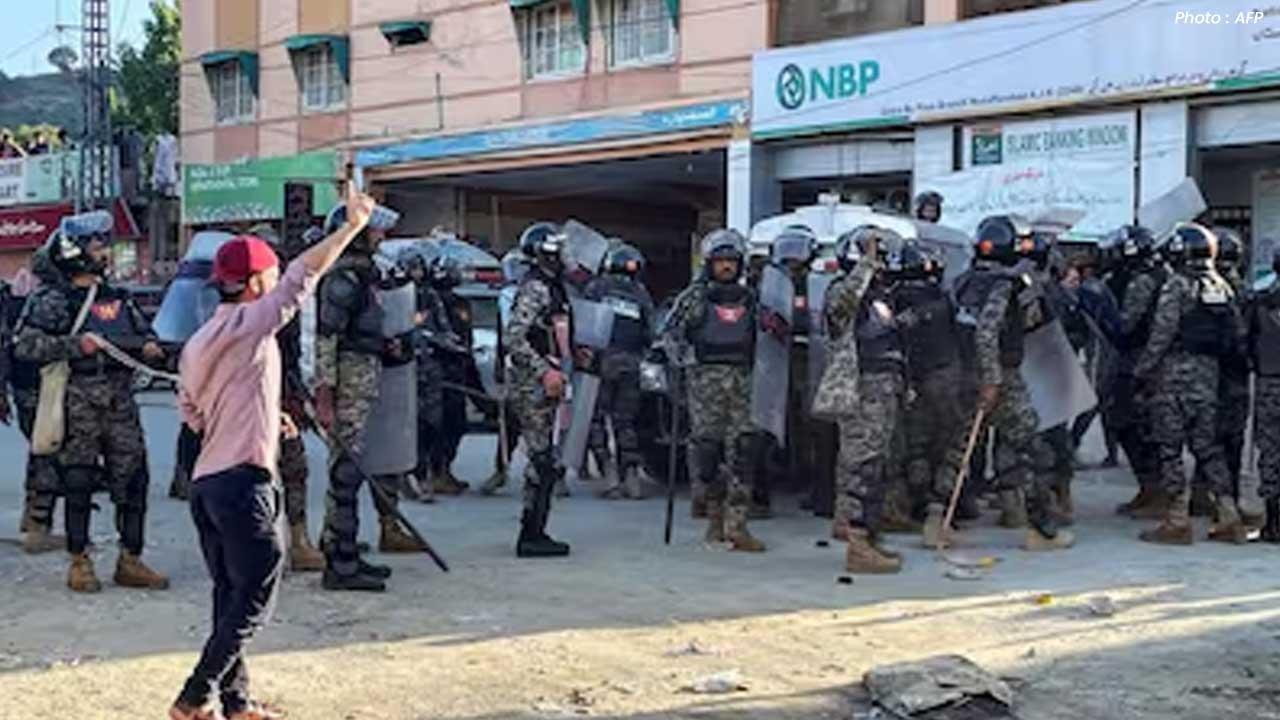
Violent Protests in PoK Leave Eight Civilians Dead
Eight civilians died in Pakistan-occupied Kashmir protests as locals demand rights, with clashes, st

Dodgers Beat Reds 10-5 in Wild Card Series Opener
The Los Angeles Dodgers defeated the Cincinnati Reds 10-5 in Game 1 of the MLB Wild Card Series, pow

Real Madrid Thrash Kairat 5-0 with Mbappe Hat-Trick
Kylian Mbappe scored a stunning hat-trick as Real Madrid beat Champions League newcomers Kairat Alma
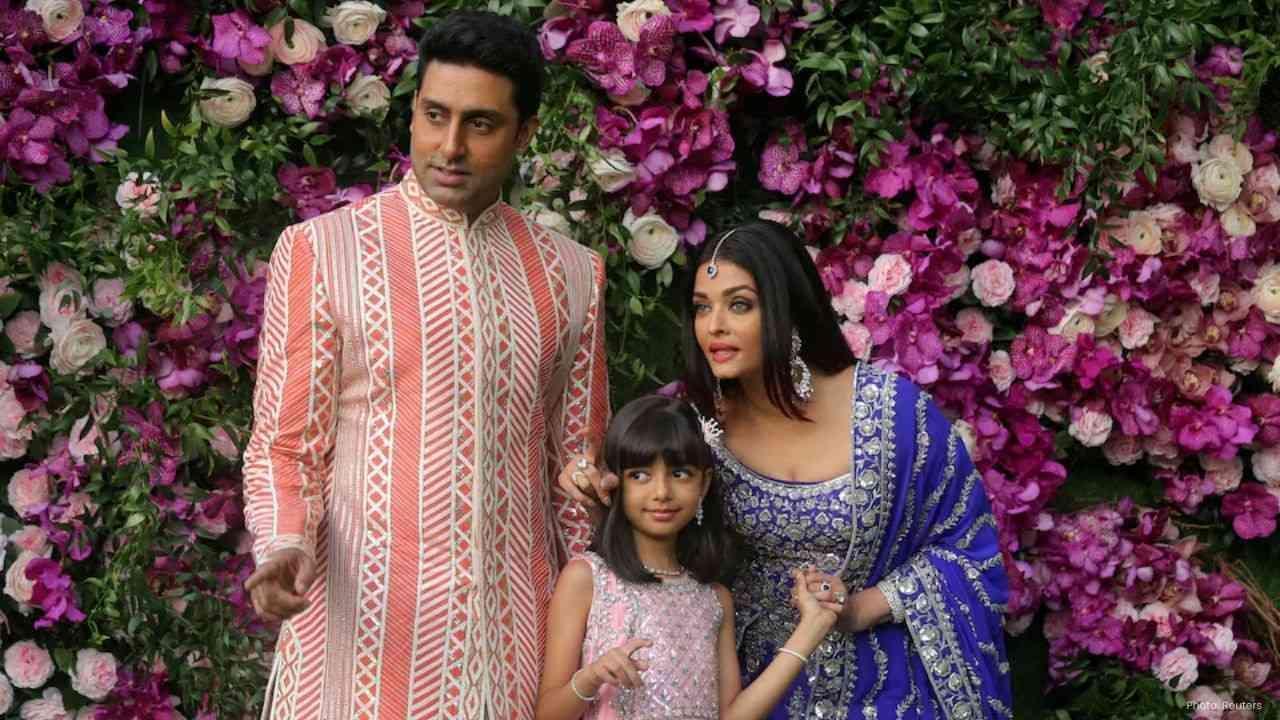
Abhishek, Aishwarya Sue YouTube Over AI Misuse in India
Abhishek and Aishwarya Rai Bachchan sue YouTube over AI videos, seeking damages, takedowns, and stro